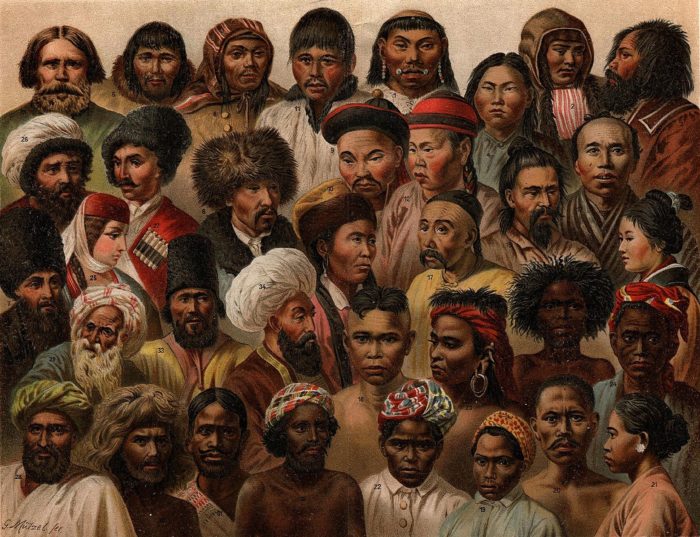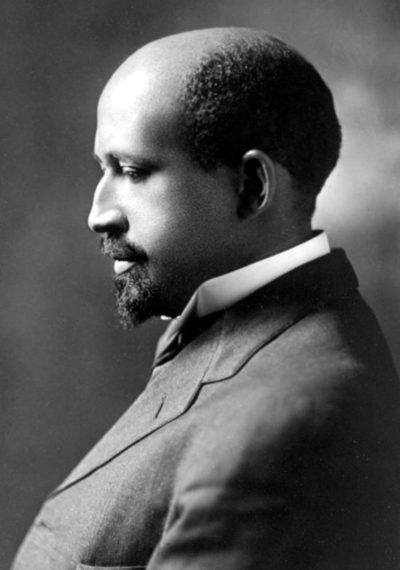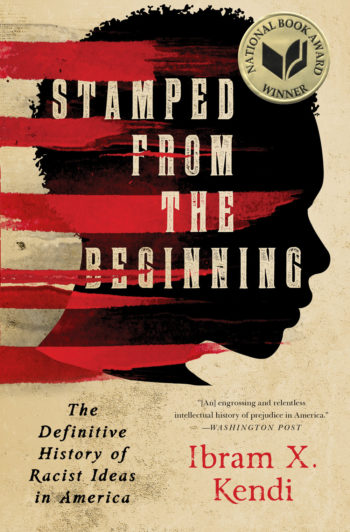About a year ago, Freddie deBoer wrote what he called the ‘progressive case‘ for the SAT. Mostly he used the SAT as a convenient stand-in for standardized testing in its American form.
DeBoer’s take on this was provocative and surprising. He took some flak. The general “left” line has been against standardized testing. And it has become one of several points at which liberals and leftists depart: the liberal as the technocratic tester, set against the leftist as the advocate for a free and democratic classroom sans test.
I find this all rather oversimplified. Here I’ll evaluate both deBoer’s argument in favor of a ‘progressive’ view of standardized testing and leftist arguments in favor of a ‘regressive’ view of standardized testing.
I find both arguments lacking.
Continue reading




